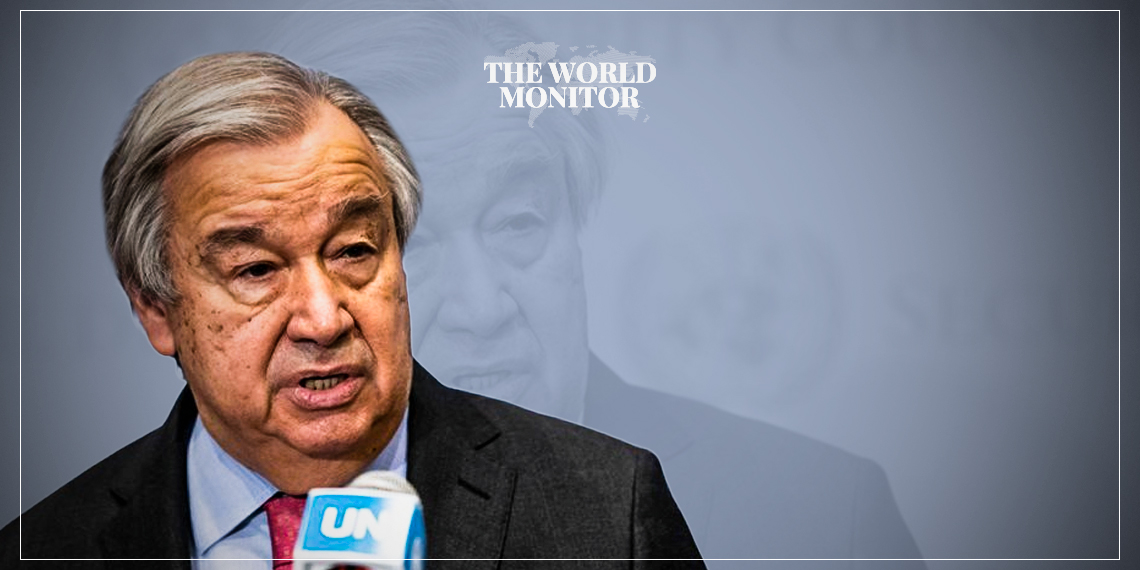As preparations intensify in New York for the upcoming Summit on the Future, UN Secretary-General António Guterres has issued a call to world leaders to rejuvenate global cooperation with a renewed framework suited to current and future challenges.
In an op-ed shared with Al-Dostour on Wednesday, Guterres highlighted that final negotiations for the Summit, which will be held later this month, are now underway.
The event is set to bring together heads of state to agree on essential reforms to the foundational elements of global cooperation.
Guterres stressed that the United Nations has convened this unique summit in response to a glaring reality: global issues are evolving at a pace that outstrips the capacity of existing institutions designed to address them. He noted that evidence of this is visible everywhere.
“The world is plagued by fierce conflicts, widespread violence, and geopolitical divisions,” Guterres wrote. “Inequality and injustice are rampant, eroding trust and fueling grievances that drive populism and extremism.
Longstanding challenges such as poverty, hunger, discrimination, and racism are morphing into new forms.”
Simultaneously, the Secretary-General pointed to emerging existential threats, including out-of-control climate chaos, environmental degradation, and the rapid development of technologies like artificial intelligence within a moral and legal vacuum.
Guterres described the Summit on the Future as a crucial acknowledgment that solutions to these challenges are within reach, but they require an urgent modernization of international systems—a task that can only be achieved through decisive leadership from global leaders.
He also criticized the outdated decision-making processes within international institutions, which he argued are stuck in a time warp.
Many global organizations and tools, Guterres said, were created in the 1940s—before globalization, decolonization, the universal recognition of human rights and gender equality, and even the exploration of outer space and cyberspace.
He underscored the enduring dominance of World War II victors within the UN Security Council, where Africa lacks a permanent seat, and highlighted the global financial system’s bias against developing countries.
This system, according to Guterres, fails to provide a safety net for these nations during crises, instead burdening them with debt that diverts resources from investing in their populations.






